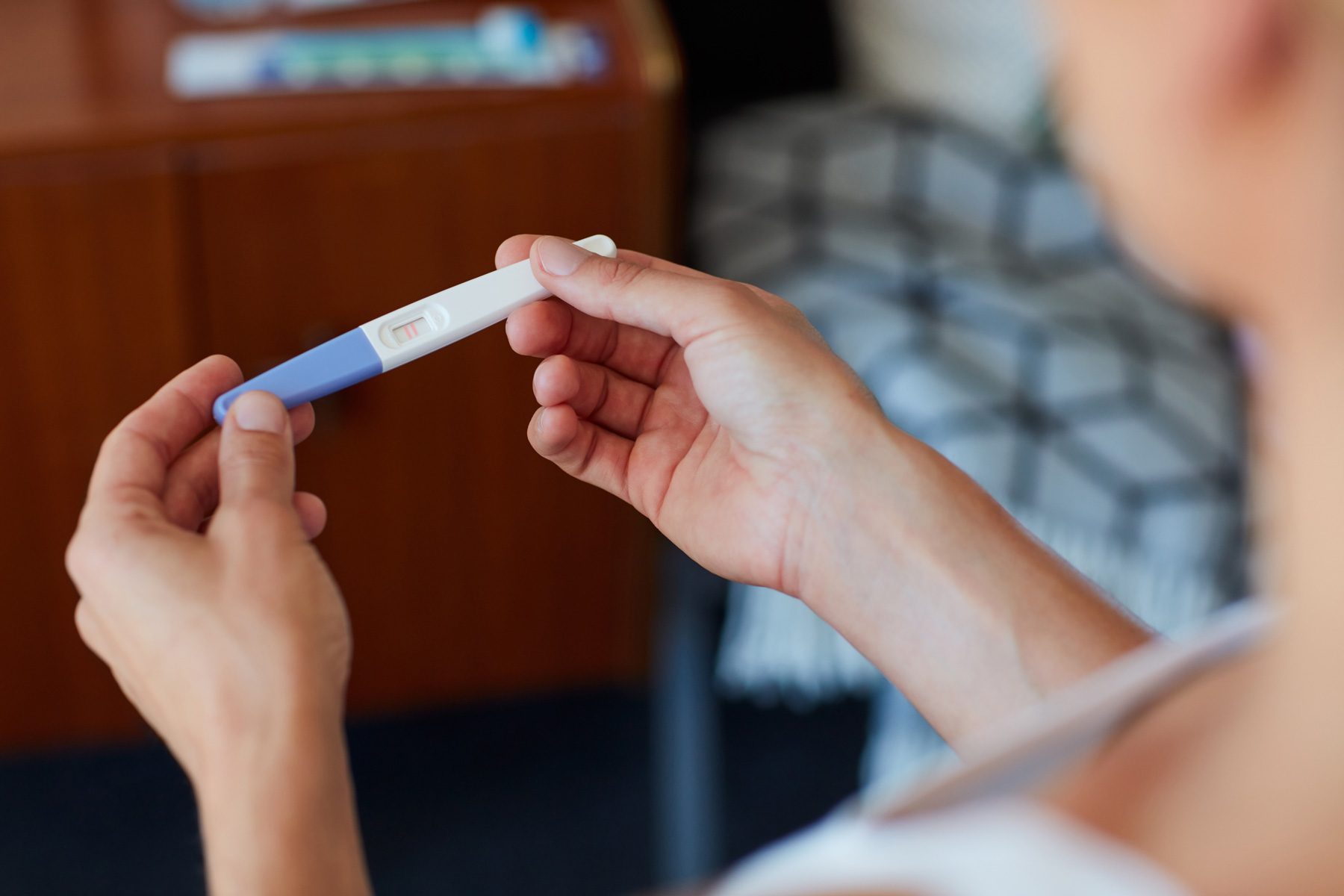It's painful enough to go through it—now scientists in Asia have pinpointed a curious association with memory loss significantly later in life.

New Study: This Women’s Health Diagnosis Spikes Dementia Risk

Right now, more than 55 million people are living with dementia globally, and the World Health Organization-affiliated Alzheimer’s Disease International says that number is projected to grow to 78 million by 2030. Compared with men, women have a greater risk of developing dementia during their lifetime, and are twice as likely to develop Alzheimer’s disease (AD), according to the Alzheimer’s Society.
The most significant reason for that gender disparity is that dementia risk increases with age, and women tend to live longer than men. However, there may be other gender-based factors impacting women’s vulnerability to cognitive decline.
In fact, a summer 2024 study led by Taiwan researchers specializing in gynecology, psychiatry, and public health, and published in the journal Frontiers Psychiatry, has found that one particular pregnancy-related condition some women face could spike dementia risk later down the line. Having an ectopic pregnancy was associated with an increased incidence of vascular dementia and overall dementia, as well as earlier onset cases. Women who had multiple ectopic pregnancies saw their risk further increased, suggesting a dose-dependent relationship between ectopic pregnancies and future cognitive decline.
Ectopic pregnancy occurs when an embryo begins developing outside of the uterus, most often in one of the fallopian tubes but more rarely in the ovary, cervix, or abdominal cavity. Since these parts of the body cannot support the growth of a fetus, ectopic pregnancies are non-viable. When the condition occurs, it is considered a life-threatening emergency that requires immediate treatment. Roughly two percent of pregnancies are ectopic, the Cleveland Clinic says.
More research is needed to further explore the connections between this pregnancy-related condition and cognitive decline. However, the study authors note that ectopic pregnancy has previously been linked with cardiovascular diseases and depression, both of which are considered risk factors for dementia.
This is not the first study to explore the relationship between pregnancy-related conditions and dementia. A 2019 study published in the journal Alzheimer’s & Dementia: Translational Research and Clinical Interventions concluded that late-term pregnancy loss was startlingly predictive of later dementia. In fact, having a stillborn delivery was associated with an 86% increase in dementia risk overall, the researchers wrote.
Though both studies seem to suggest that certain pregnancy complications may share root causes with those of dementia, the researchers emphasize that the vast majority of women who have experienced ectopic pregnancy will not go on to experience cognitive problems.
Interventions may also help offset that increased risk. In particular, “Antidepressant treatments showed a partial protective effect, reducing the increased risk by 14.7%,” the Frontiers study notes. “These findings underscore the potential benefit of screening and treating depression in women following [ectopic pregnancies],” the study authors add.
So, if you’ve experienced ectopic pregnancy—and especially if you’ve experienced depression in its wake—it may be worth discussing your concerns with your doctor. With the right support and interventions, it’s possible you could minimize your risk.
For daily wellness updates, subscribe to The Healthy by Reader’s Digest newsletter and follow The Healthy on Facebook and Instagram. Keep reading:



















